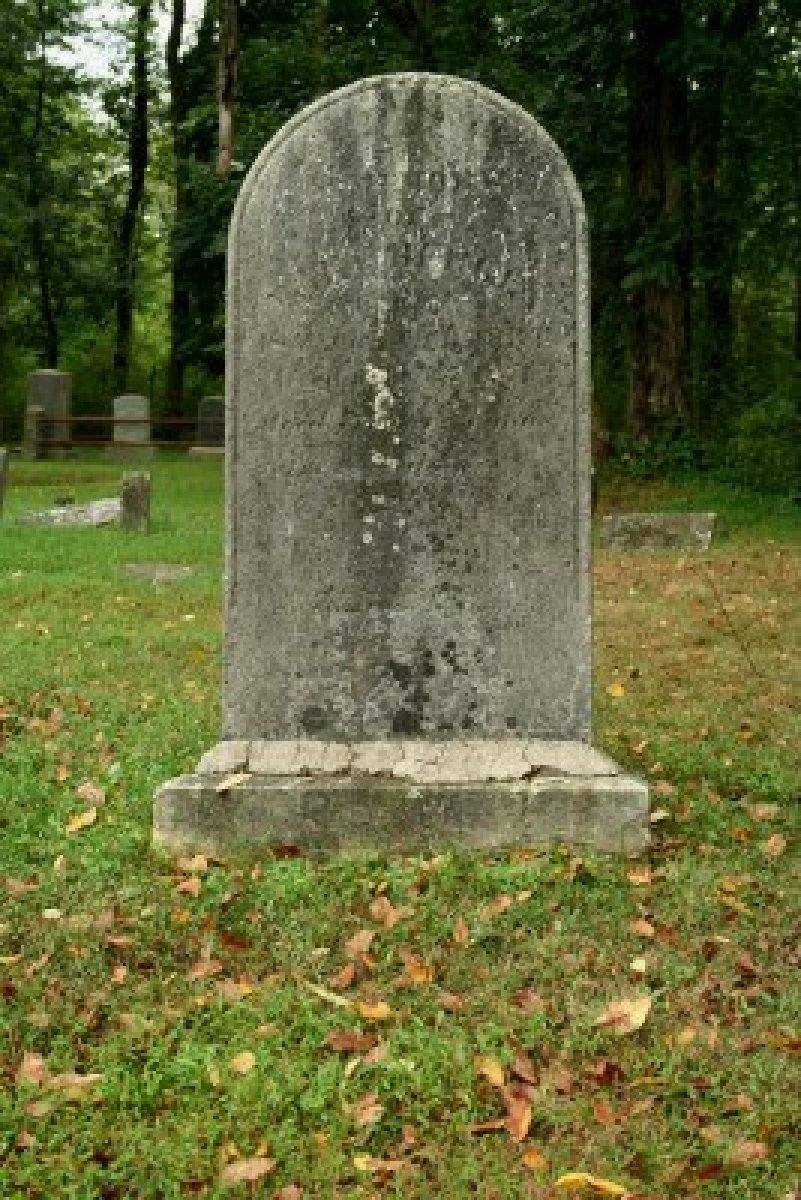I live in Europe and they are using a gravestone on which they write the name of the deceased. Is this act permissible?

Question
As-salaam alaykum
I have read that the Shafi’is consider it a disliked act to place a plaque with the deceased name on their grave. I have similarly heard that in some countries, such as Saudi Arabia, they refuse to use any sort of gravestones. Are there other opinions on this issue? Could you please discuss the evidence and arguments in detail which each school of thought presents in this regard?
Thank you for your time,
Answer
Opinion of the Shafi'is
The established opinion of the Shafi'i school of jurisprudence is that writing on a grave is not disliked if needed to mark the grave. However, Imam Taqi al Subki, the renowned Shafi`i scholar of his time, stated that it is recommended to put something on a grave so that it could be known. However, according to them anything in excess of the above is disliked especially Quranic inscriptions for fear that they be soiled or stepped over or tarnished due to presence of filth. But if it is possible to avoid the above, then writing on graves is not only considered permissible and involves no prohibition, but even recommended.
The Shafi'i scholar, Imam al-Adhra`i, reported from the luminary Ibn Hajr al Haithami in Fatawa Fiqhiya Kubra: "Concerning the matter of writing the name of the deceased on his grave, they said that it is recommended to mark the grave with something so that it may be recognized. If this is a means for identifying graves, it is recommended but only to the extent of the need for it. This especially concerns the graves of the righteous and the Awlia [friends of Allah] which cannot be recognized otherwise after the passage of time."
The luminary al-Baijirmi stated in his commentary on the exegesis of al-Khatib al-Sherbiny on the text of Abu Shuja`: "Writing on graves is disliked if it is not needed, otherwise it is allowed to write the name of the deceased and his lineage so that his grave be known and visited. This is not disliked provided it is brief and only to the extent of the need for it, especially on the graves of Awlia, scholars and the righteous which cannot be identified otherwise with the passage of time."
Opinion of the Hanbalis
On the other hand, Hanbali scholars restricted the dislike to the need as stated by al-Hagawi in Al-Iqna`. According to them, it is not disliked to write the name of the deceased on his grave if there is a need. It cannot be doubted that writing the name of the deceased on his grave is necessary so that it be known and visited and to supplicate for his sake.
If a need is established, its dislike is removed
Scholars stated that dislike is removed due to the least degree of need which is a legal axiom implemented by scholars from the different schools of jurisprudence.
 Arabic
Arabic French
French Deutsch
Deutsch Urdu
Urdu Pashto
Pashto Swahili
Swahili Hausa
Hausa
